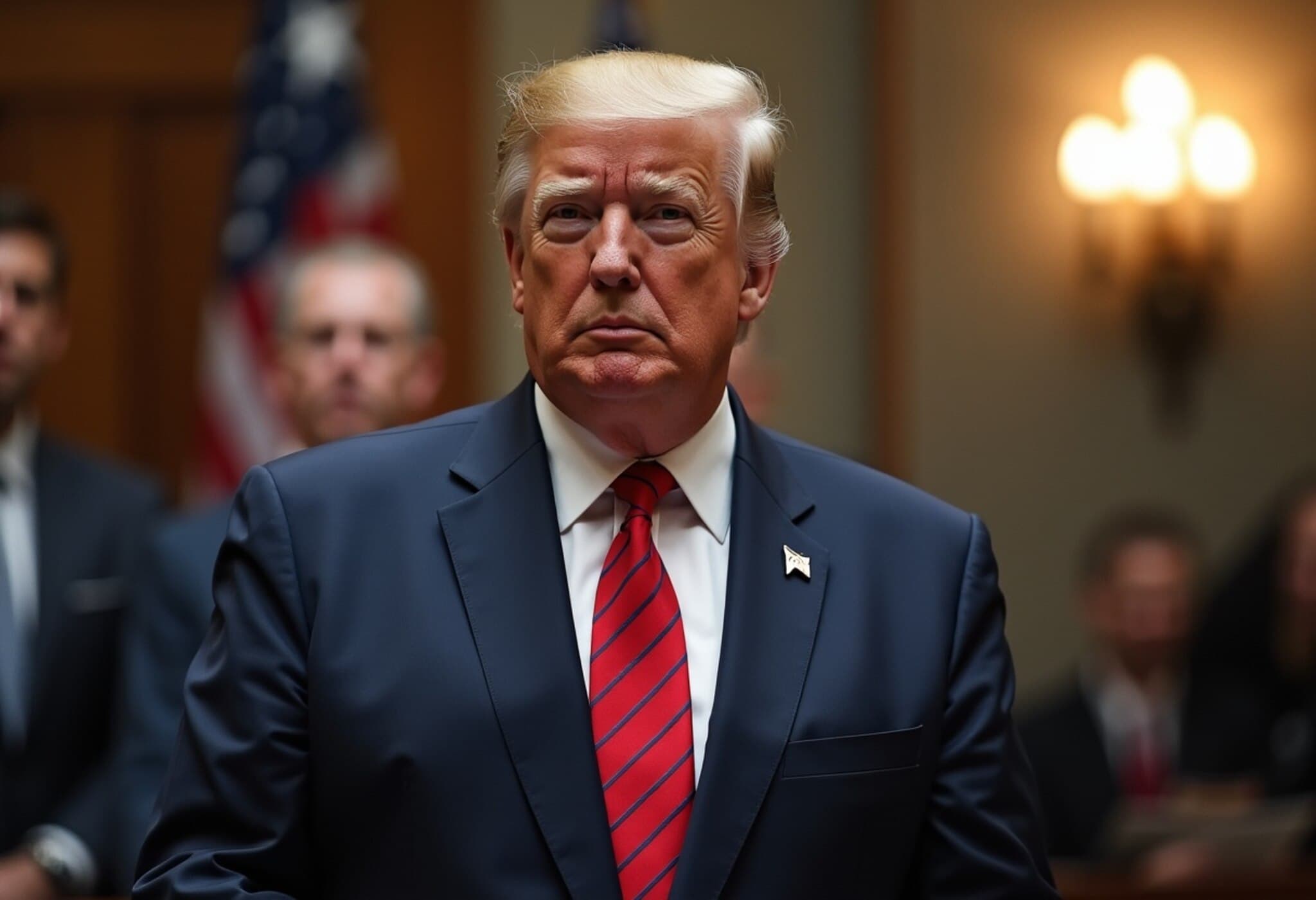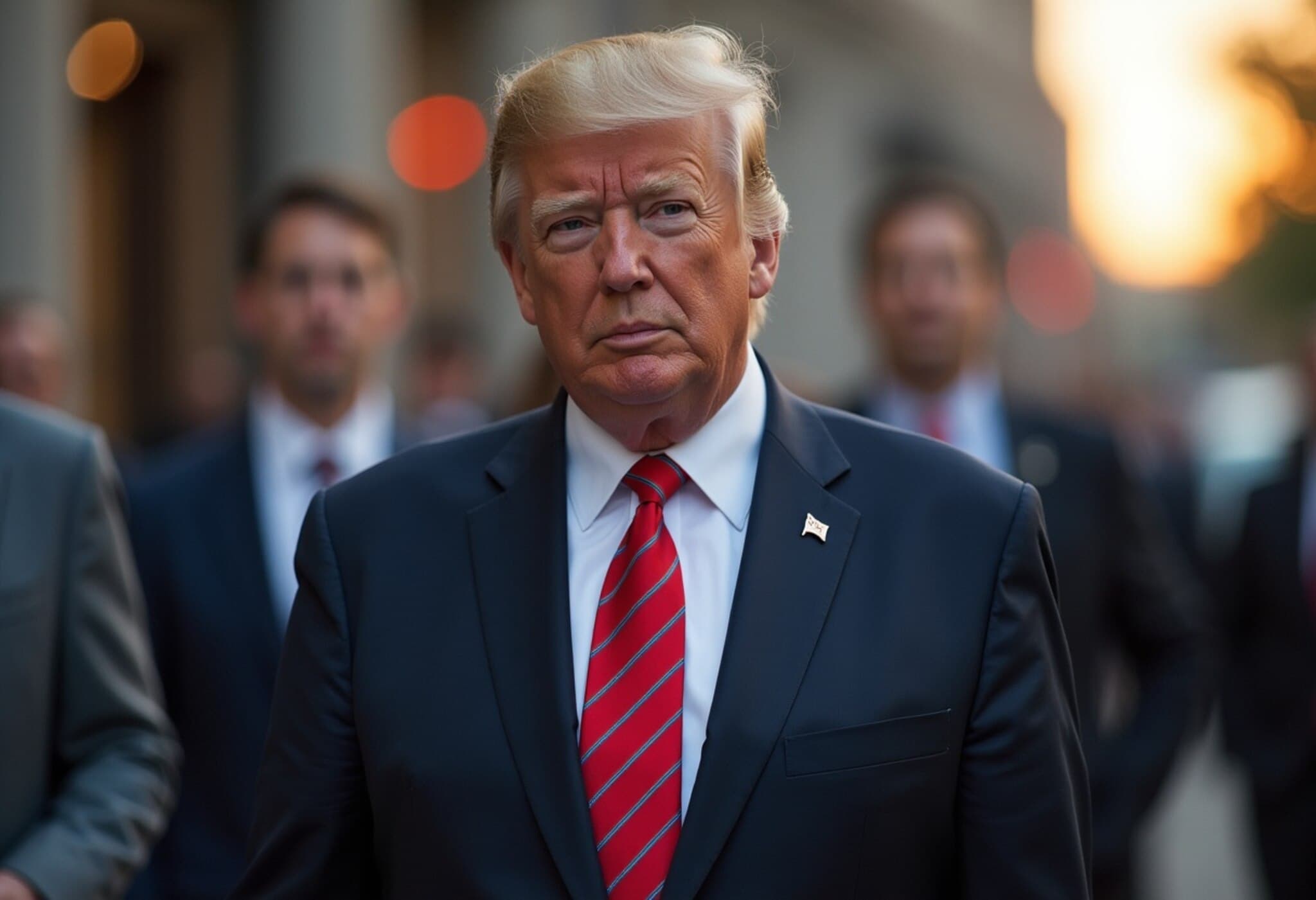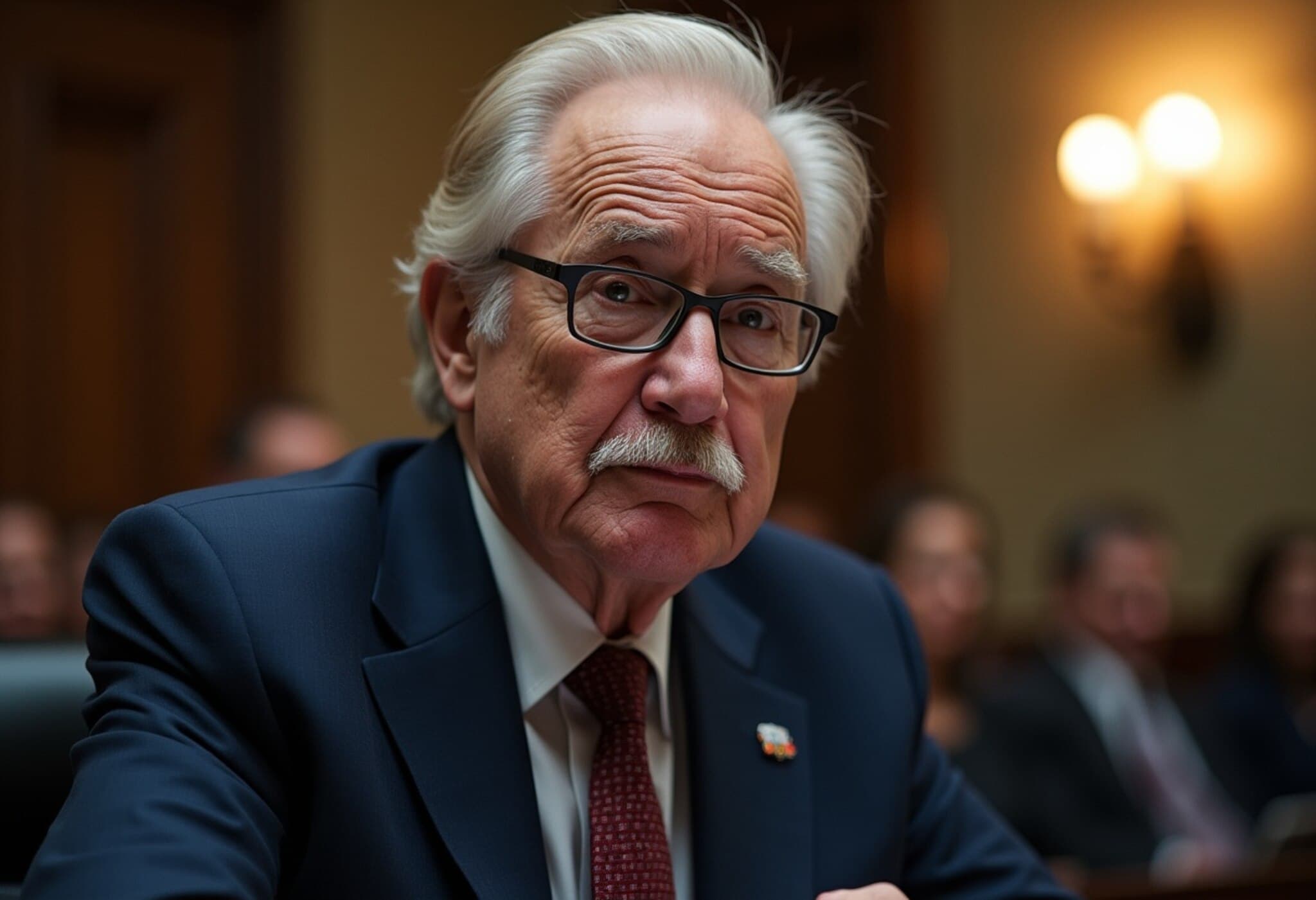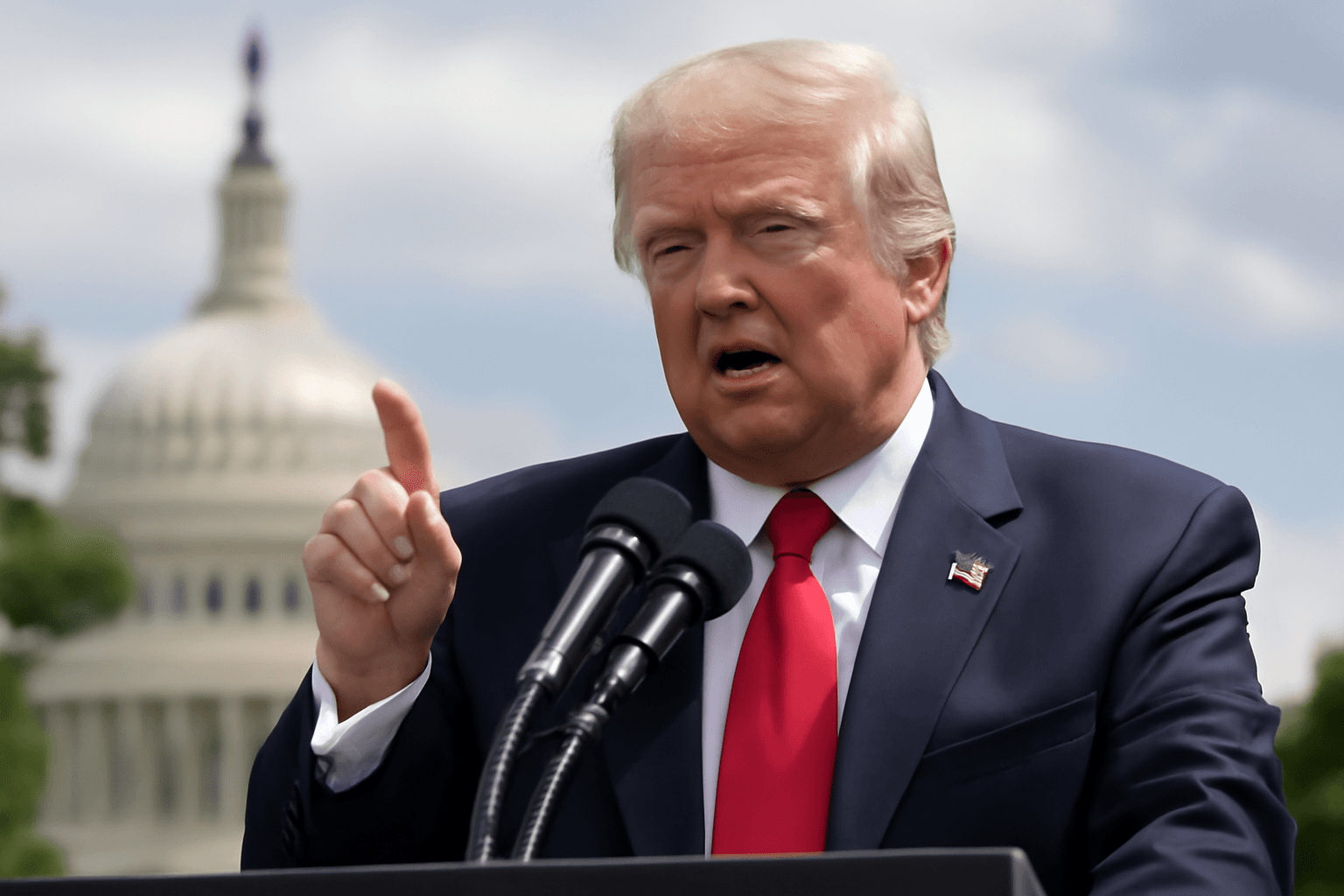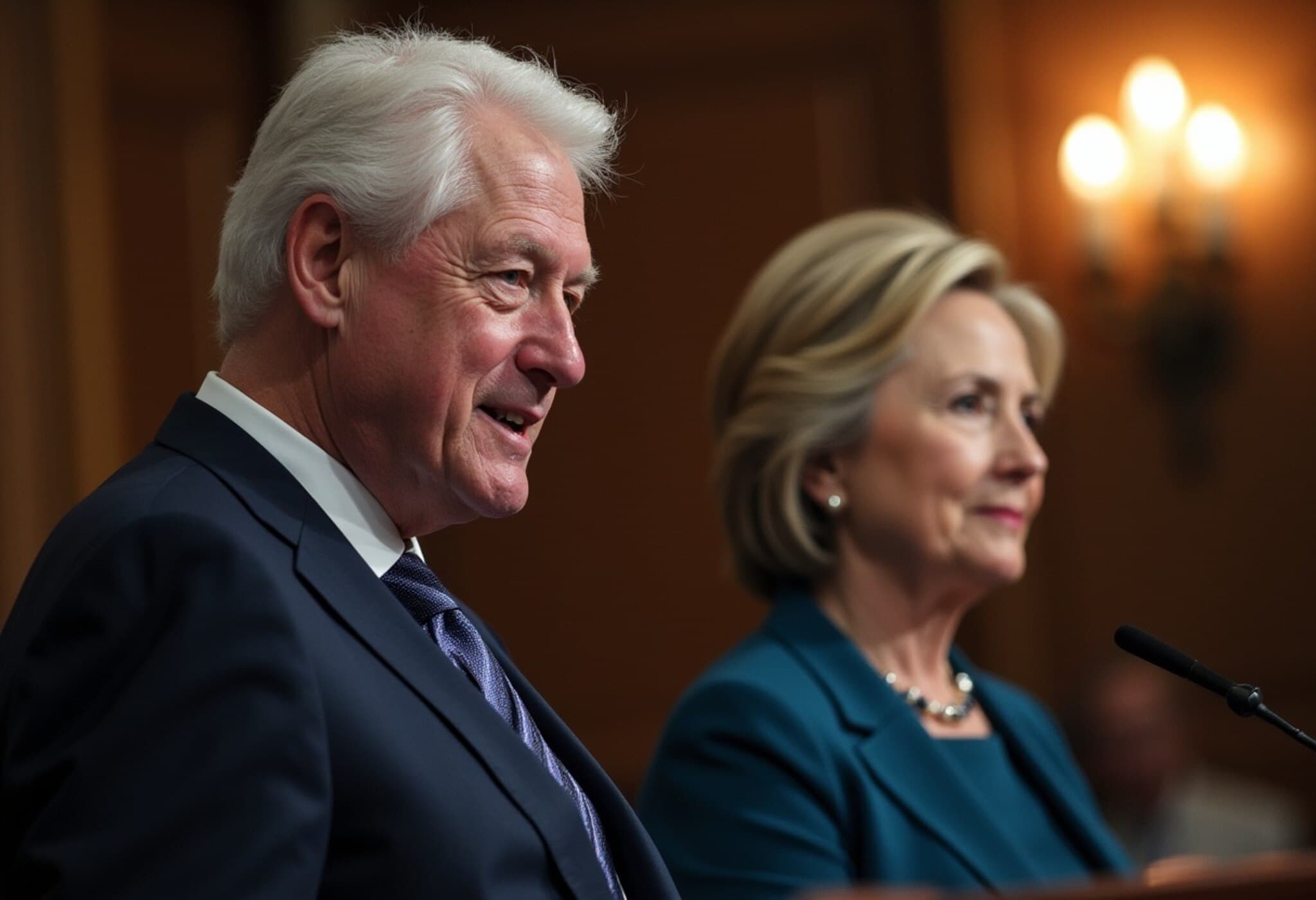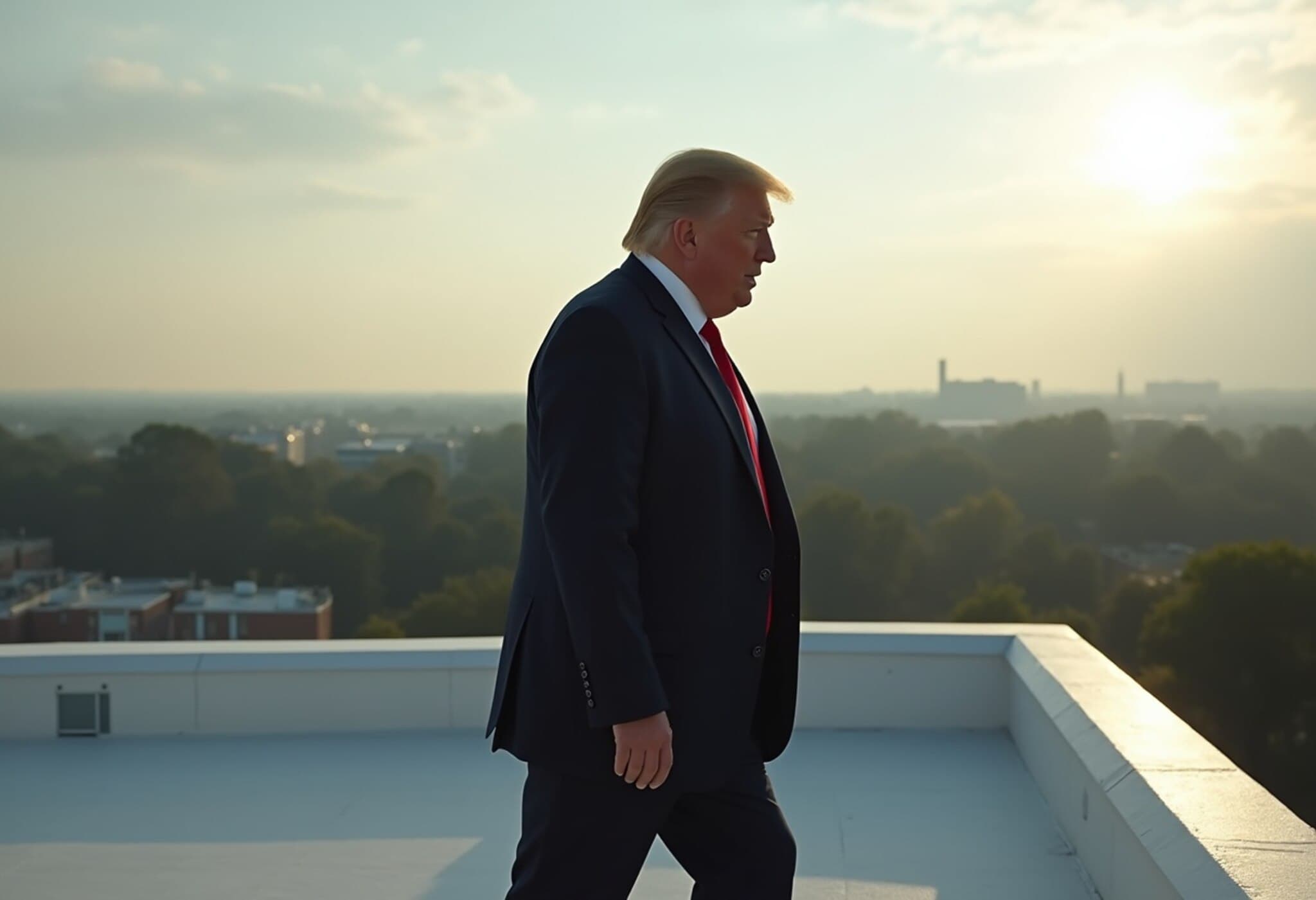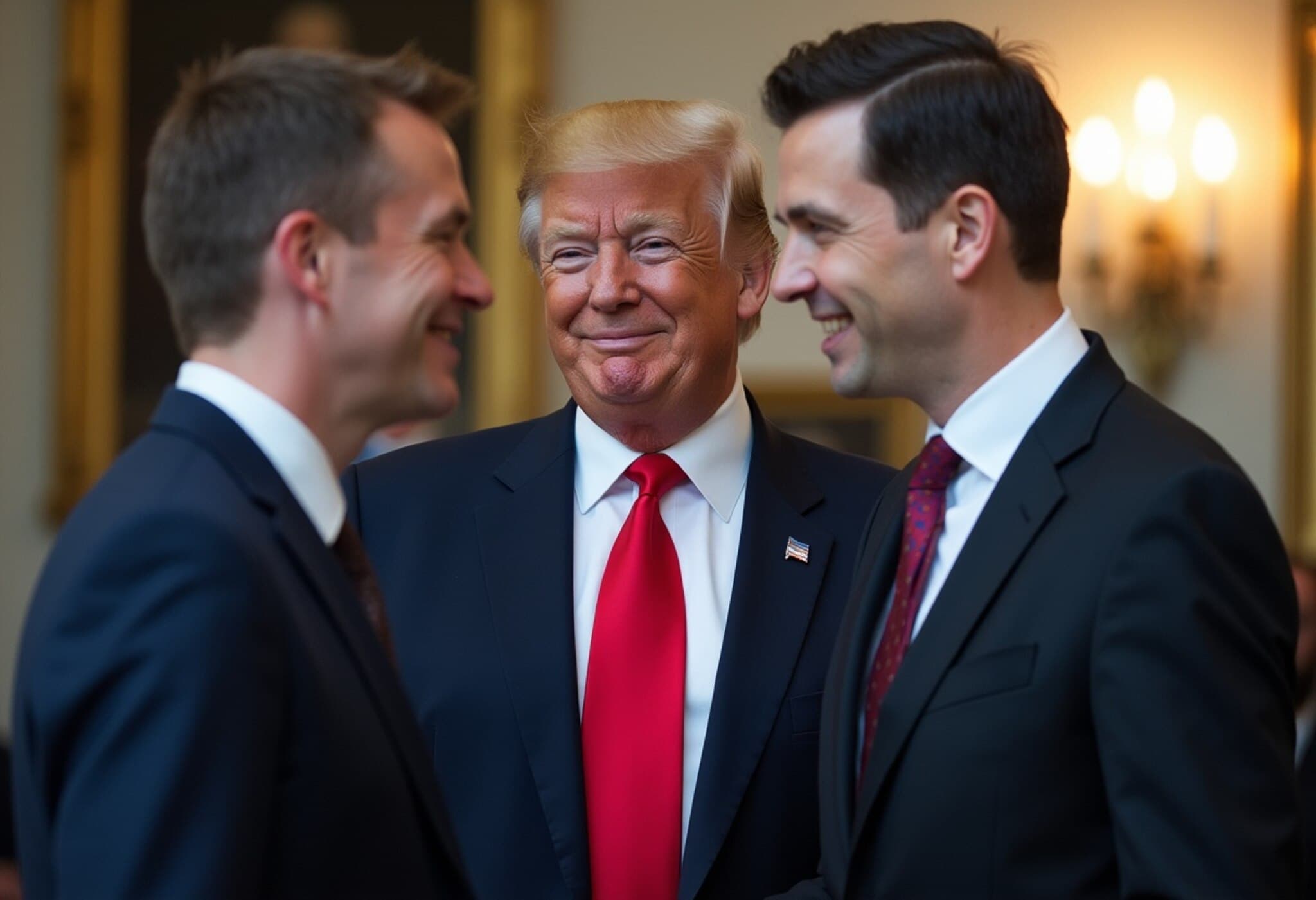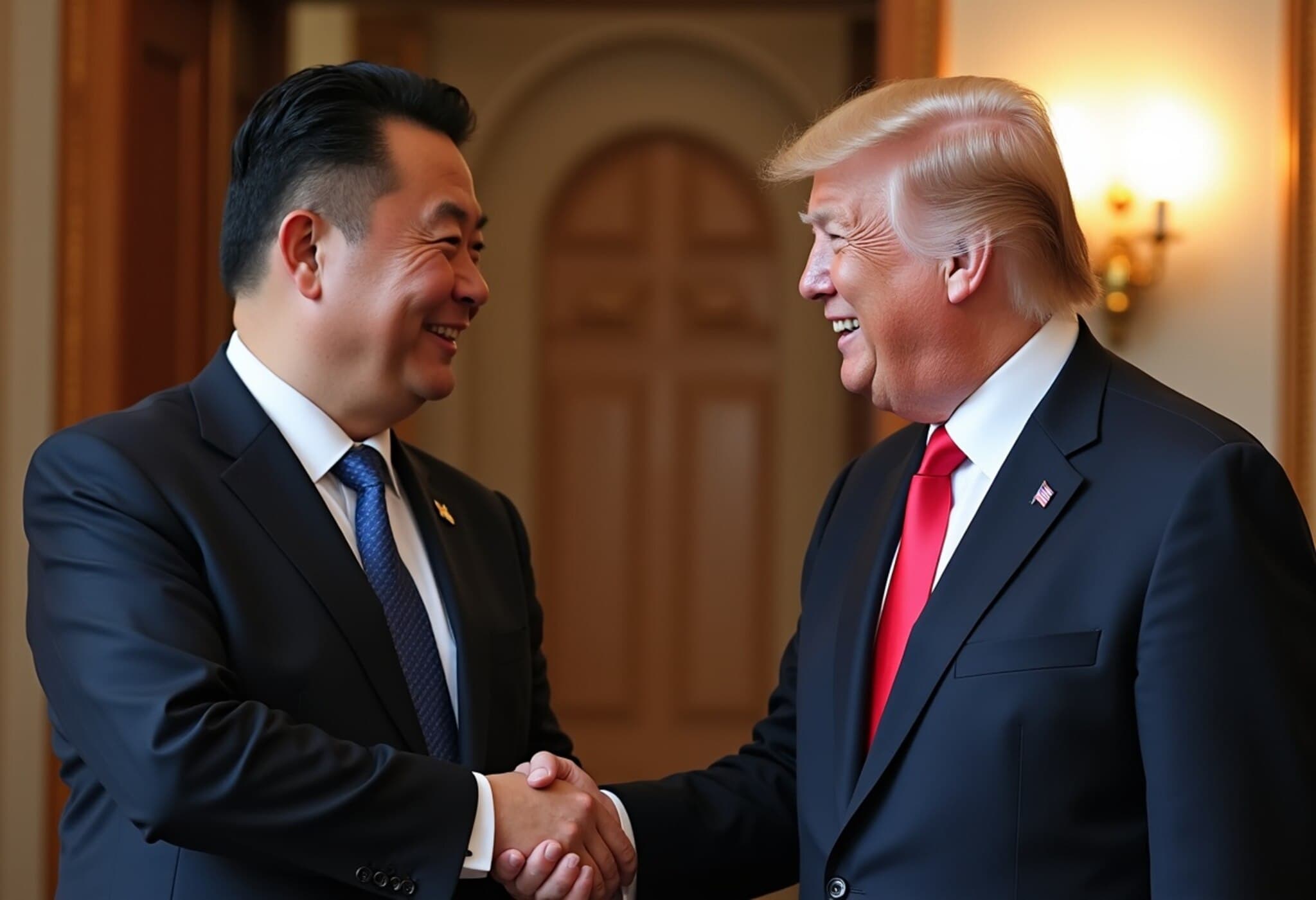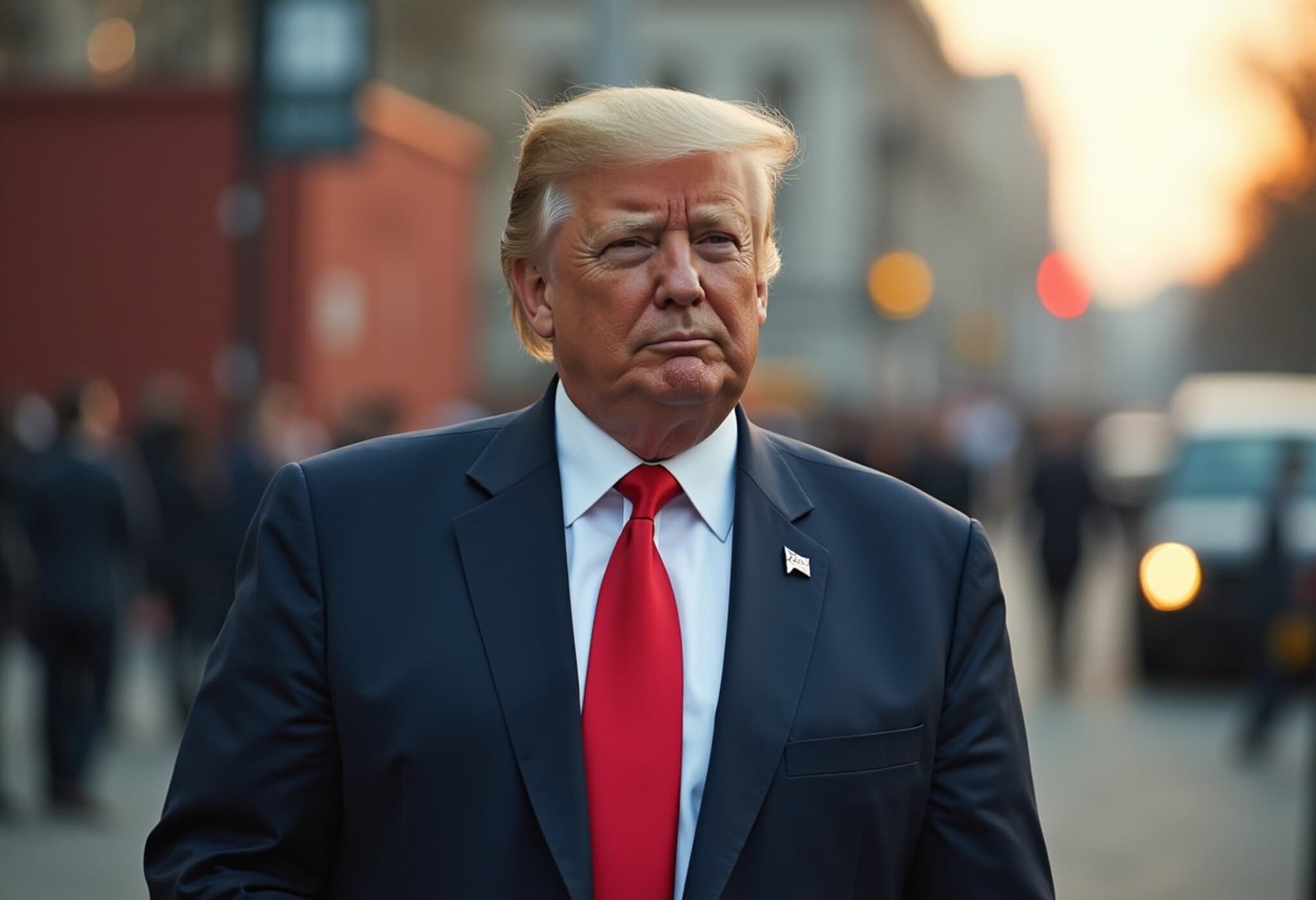Democrats Disrupt Republican Stronghold in Iowa's Senate Special Election
In a striking political development, Iowa Democrats have captured a key state Senate seat, ending the Republicans' supermajority in the chamber. Catelin Drey, a political newcomer, triumphed over Republican Christopher Prosch in a special election held to fill the vacancy left by the late Senator Rocky De Witt.
Context: Vacancy and Stakes
The seat became open after Senator Rocky De Witt, a Republican who had held it since 2022, passed away from pancreatic cancer in June 2025. De Witt was a well-established figure, having won the district with a double-digit margin. The district, historically leaning Republican and supportive of Donald Trump by more than 11 points in the 2024 presidential election, was considered a challenging battleground.
Key Results and Political Impact
- Catelin Drey secured approximately 55% of the vote according to unofficial results from the Woodbury County Auditor’s Office.
- This victory shifts the Iowa Senate's composition to 33 Republicans and 17 Democrats.
- The Republicans lose their two-thirds supermajority, diminishing Governor Kim Reynolds' ability to unilaterally approve gubernatorial appointments without Democratic support.
This marks a significant recalibration in Iowa politics, restricting the GOP's previous ability to push through controversial measures without bipartisan cooperation. It signals a potential power balancing act in the state legislature with broader policy ramifications.
Grassroots Mobilization: Driving the Democratic Upset
Drey credited the win to relentless grassroots organizing, with volunteers braving difficult summer weather to connect door-to-door with voters on core issues like affordability, education funding, housing, and childcare.
National Democratic organizations amplified these efforts, with the Democratic National Committee (DNC) and the Democratic Legislative Campaign Committee investing heavily in phone banking, targeted advertisements, and text outreach – a strategic push aimed at regaining ground in Republican strongholds.
Ken Martin, DNC chair, framed the result as voter pushback against the GOP's alignment with Donald Trump’s agenda, while Iowa Democrats hailed it as evidence of constituents seeking fresh leadership and new priorities.
Republican Reaction: Downplaying the Defeat
Republican leaders acknowledged the loss but minimized its significance, highlighting the heavy financial and volunteer investment by Democrats. Jeff Kaufmann, chair of the Iowa GOP, called the victory a modest one in a low-turnout election and portrayed it as a temporary setback rather than a shift in political momentum.
Governor Reynolds chose not to comment on the partisan dynamics but reiterated her administration’s focus on parental choice in education and tax relief policies, signaling continued commitment to the GOP agenda.
Emerging Democratic Momentum Amid Challenging Terrain
Drey’s win is not isolated; earlier in 2025, Democrats flipped another Iowa Senate seat (Eastern Iowa’s Mike Zimmer) and achieved gains in House seats in Cedar Rapids and near southeast Iowa.
These victories mirror a broader national pattern where Democrats have outperformed expectations in state legislative special elections, including Republican-leaning districts in Pennsylvania.
Heather Williams, president of the Democratic Legislative Campaign Committee, called this a “flashing warning” to Republicans — a sign that issues like affordability and education funding resonate more deeply with voters than polarizing national partisan conflicts.
Looking Forward: Implications for 2026 and Beyond
The Iowa Democratic Party views these results as foundational for building momentum into the 2026 midterms, though reclaiming legislative control remains an uphill battle. Demonstrating competitiveness in districts long held by Republicans may help rebuild voter confidence and attract investment.
For Republicans, maintaining dominance requires preventing these special election losses from snowballing into a narrative of decline. The loss of a supermajority could compel Governor Reynolds and GOP lawmakers to seek bipartisan cooperation, complicating the final years of her term.
Editor’s Note
This special election outcome in Iowa offers a compelling glimpse into the evolving dynamics of American state politics where grassroots engagement can disrupt entrenched power. It raises essential questions about how national partisan polarization intersects with local voter priorities, particularly regarding economic affordability and education.
As 2026 approaches, both parties will need to sharpen their understanding of the electorate's pulse, rethink strategies around voter turnout, and confront the realities of divided government. The Iowa race underscores how seemingly minor electoral events can ripple upward to challenge broader political assumptions and power structures.


